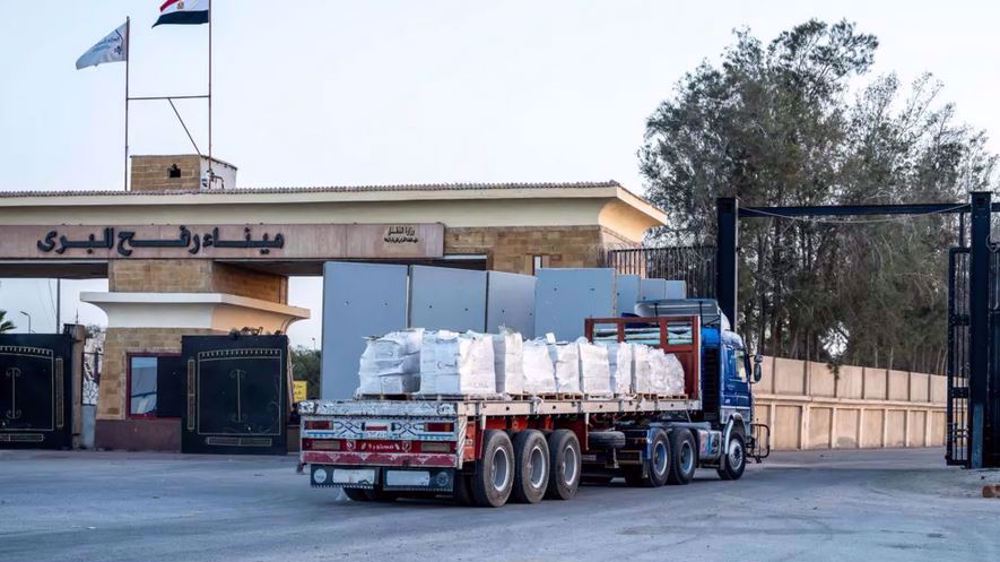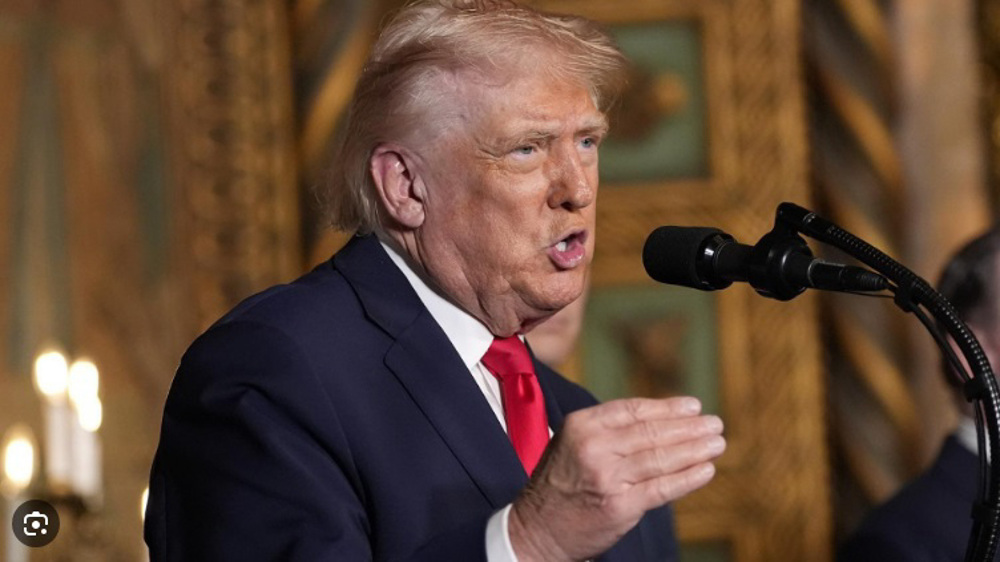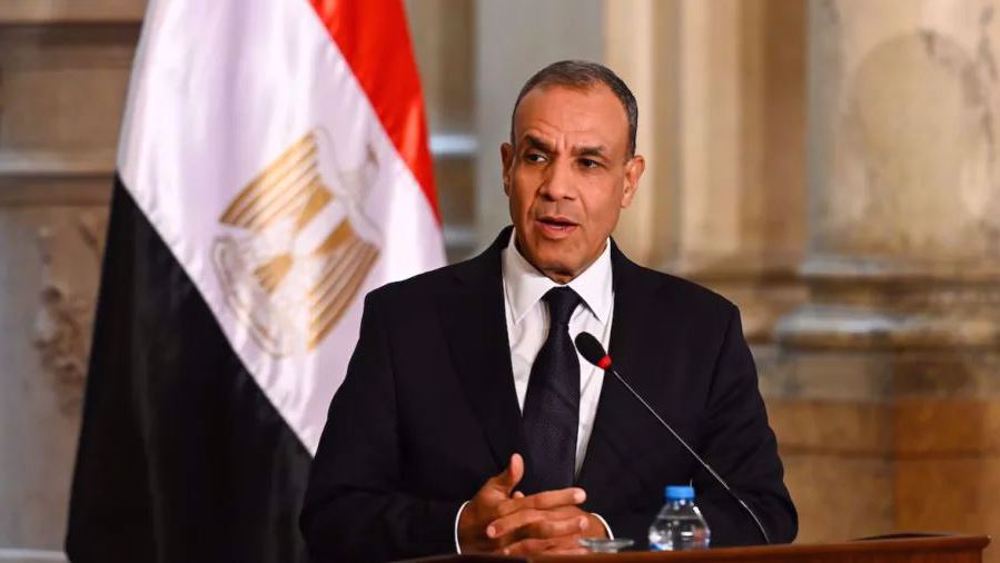Egypt agrees to Nile dam meeting with Ethiopia, Sudan
Egypt has agreed to meet Ethiopia and Sudan over a disputed Nile dam as the Nobel-winning Ethiopian premier toughened his tone saying his country could not be stopped from building the gigantic project.
Fresh tensions have flared between Cairo and Addis Ababa after the latest rounds of talks this month on Ethiopia's soon-to-finished dam on the Blue Nile failed to reach an agreement.
Egypt has now accepted a US invitation to meet, after calling for international mediation to break the stalemate in the nine-year talks. But Ethiopia has so far rejected the call outside mediation.
Cairo says both countries are at odds over the dam's operation and the filling of its reservoir.
On Tuesday, Ethiopia's Prime Minister Abiy Ahmed told parliament that "no force can stop Ethiopia from building the dam," adding that millions could be mobilized if necessary.
Abiy, who won this year's Nobel Peace Prize for his efforts to heal tensions with neighboring Eritrea, emphasized however that negotiations would be the best way to resolve the issue.
The Egyptian foreign ministry said late Tuesday the Ethiopian premier's remarks were "unacceptable".
But it also said Cairo had accepted an invitation bringing the foreign ministers from the three countries to Washington to try to break the stalemate.
The Egyptian foreign ministry statement did not specify when the meeting would take place.
There was no official word from Addis Ababa nor Khartoum on the US invitation.
- 'Constructive negotiations' -
Analysts fear the three Nile basin countries could be drawn into a conflict if the dispute is not resolved before the dam begins operating late next year.
But others downplayed the possibility of an armed conflict.
"Prime Minister Abiy's remarks indicate the depth of feeling over the Blue Nile in Ethiopia where people feel they have been denied the benefits of their own resource," said William Davison, a senior analyst at the International Crisis Group.
"But ultimately there's very little chance the disagreement will result in conflict and, as Abiy said, cooperation is the best solution for all parties."
Ethiopia says its project is needed to provide much-needed electricity and insists the dam would not harm downstream countries' water shares.
But Egypt is concerned the huge dam would severely reduce the flow of Nile waters and invokes its "historic rights" under decades-old treaties.
Addis Ababa said the $4-billion dam will begin generating power by the end of 2020 and be fully operational by 2022.
The Nile's main tributaries -- the White Nile and the Blue Nile -- converge in Khartoum before flowing north through Egypt to drain into the Mediterranean Sea.
It serves as a crucial artery for water supplies and electricity for the 10 countries it runs through.
Last week, Egypt's President Abdel Fattah al-Sisi announced he would meet the Ethiopian premier in Russia and discuss the issue.
Both leaders are attending a Russia-Africa summit in Sochi which kicked off Wednesday.
"Given the renewed spat between their countries, Sisi and Abiy could help prepare the ground for constructive negotiations during their meeting in Sochi at what is the first Russia-Africa summit," said Davison.
"If Sisi and Abiy can achieve a reset it would increase the chances that the engineers, lawyers and diplomats can hammer out a deal."
(Source: AFP)
Melina Asadi is a testament to Israeli, American crimes: General Vahidi
Israel kills five more Palestinians in Gaza amid ceasefire violations
Israeli minister says Netanyahu's new measures 'de facto sovereignty' over West Bank
Gazans vaporized by Israel's use of US-supplied weapons: Report
Canada condemns Trump’s threat to delay Ontorio-Michigan bridge opening
VIDEO | Iran’s Embassy in Kabul marks anniversary of Islamic Revolution victory
Iran’s security chief warns US of Israel's ‘destructive role’ ahead of Netanyahu visit
Israel’s death penalty bill marks 'highly dangerous phase' for Palestinian prisoners: PPS











 This makes it easy to access the Press TV website
This makes it easy to access the Press TV website